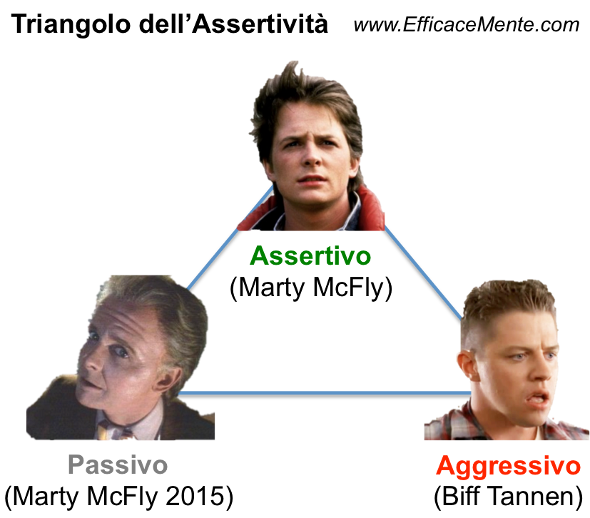One of the pillars that affect our conduct is self-esteem. The way we feel about our self-image affects the goals we set ourselves, the relationships we choose and the intensity of our emotions.

Last update: 10 September, 2019
Self-esteem is the reward we receive after a job well done; it is not a lottery, which we win one day, but it is the fruit of a personal disposition. When we look for a result, we must first understand that it must be achieved following a specific process.
One of the pillars on which human personality is founded is self-esteem. Abraham Maslow suggested in 2009 that everyone needs to receive a reward in the form of esteem and respect: from themselves (aka self-esteem) and from others, such as social status, recognition or success.
When we have low self-esteem, we feel inferior, helpless and depressed and we do not have confidence in our ability to deal with situations. At the same time, we waste time and energy directing our attention towards confrontation with others, and concentrating our thoughts and actions in an attempt to reach the level of others.
Considered as an attitude, self-esteem is the form of perceiving, thinking, feeling and behaving with respect to ourselves. It is closely related to the way we confront ourselves and evaluate our identity.
Talking about the cognitive component of self-esteem is, first of all, making a distinction between what we mean by self-esteem and what we mean by self-concept. Self-concept is defined as the image we have of ourselves in the cognitive, perceptive and affective dimension.
Self-concept is associated with people's representations of themselves. Self-esteem, on the other hand, is understood as the positive or negative evaluation that the person has of the anteconcept of her. And not only that, also the emotions he associates and the attitude he has towards it.
"Personal fulfillment is not limited to mere pleasure."
If self-esteem is a reward, when does it come?
Having goals to achieve, setting yourself a goal and trying to get there is deeply correlated with well-being and mental health.
Setting goals has a positive effect on other areas of our life and allows us to control important psychological aspects such as attention, self-esteem or motivation.
One of the main reasons, or symptoms, of depression is the loss of motivation and interest in life goals. Dr. Albert Ellis states that self-esteem problems arise from some forms of thinking, which he calls irrational, illogical or self-destructive.
Sometimes our thinking includes illogical phrases, which undermine our self-esteem. Let's see what some of these generic and irrational beliefs are:
- Believing to be competent and efficient in everything.
- To be loved and approved by all the important people around us.
- The events of the past determine our current and future behavior, because they will forever and permanently affect our life and will repeat themselves in the future.
- It is easier to avoid than to face the responsibilities and problems of life.
- Human misfortunes arise from external causes and we can do nothing, or almost nothing, to avoid or control the pain and suffering they cause us.
Intervening on self-esteem is not a simple thing; an element in favor is the dynamic and sensitive nature of this aspect, therefore modifying it in our favor becomes an exercise in precision.
At the same time, self-esteem comes as a reward, it is the result of a series of actions, habits and attitudes and, therefore, it is an acquired ability.
Self-esteem is the reputation we acquire for ourselves. "
-Nathaniel Branden-
Low self-esteem is like driving with the handbrake
The things and people around us are no more important than what we have inside and how we see it, and what defines us. The quality of life is influenced by self-esteem, which implies the way in which each person perceives and evaluates himself, modulating his behavior on a family, social and individual level.
A high or low level of self-esteem affects our relationship with others and it is reflected in the social dimension and in the skills we show to face the challenges of life.
In conclusion, having low self-esteem makes us feel incapable, and makes us enter a vicious circle of self-destructive mechanisms, such as negative feelings, obsessive and wrong ideas, which filter the thoughts and feelings of others. In short words, it makes us less functional and precise.
"You yourself, like anyone else in the entire universe, deserve your own love and respect."


























